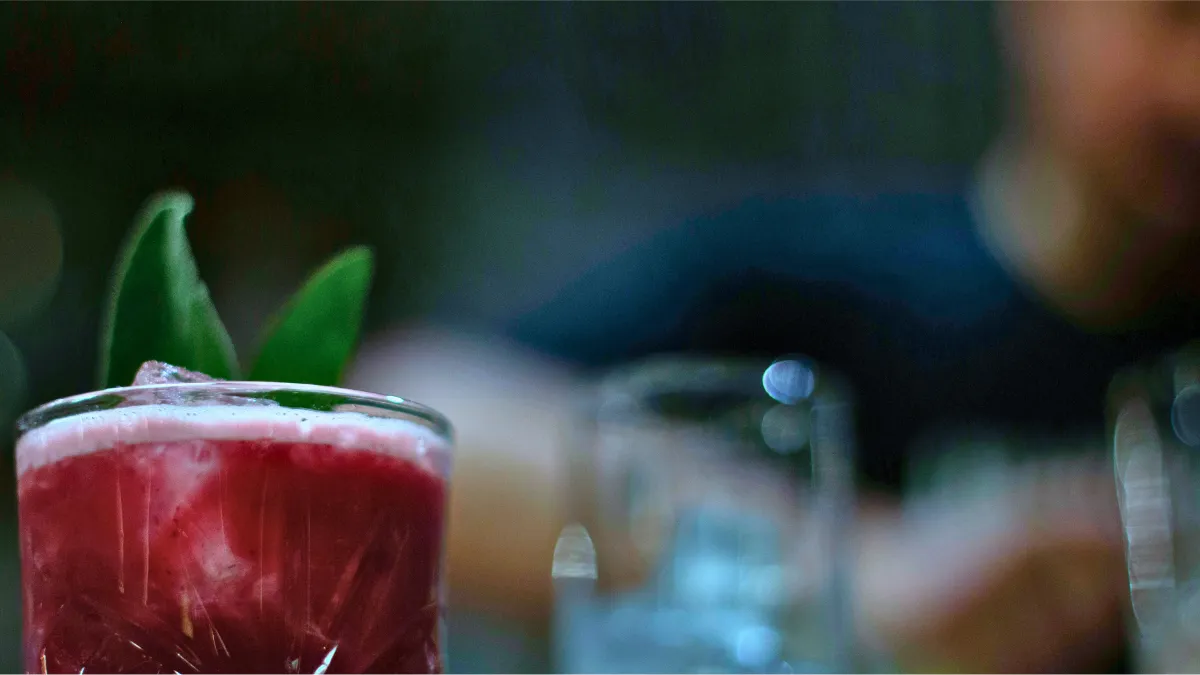100 years of flavor
Family owned & operated since 1912 in Milwaukee, WI

Who We Are?
Northwestern Extract Company brings science, creativity, and 100+ years of flavor expertise to the food, beverage, and alcohol industries.
Welcome to Northwestern Extract Company, where flavor meets innovation. We create and develop application specific custom flavors for soft drinks, beer and seltzer, confectionery, bakery, dairy, and infused products.
Supplying local breweries and soft drink bottlers for generations, our expertise and quality has been proven across the USA and abroad. We are experts in understanding and creating your particular flavor profile.
SQF certified
Kosher flavor options available
Whole Foods Market compliant flavors
100+ years of flavor manufacturing
USA based, family owned
If you can imagine it, we can create it. Our flavor chemists guide you to the exact profile, format, and regulations you need.
Flavor Development
Browse our list of flavor extracts, from mint flavors, hazelnut extract, and pickle extract to marshmallow flavor extract, pina colada extract, and red velvet extract.
View full flavor list.
Flavor Pairing Insights
Discover what flavors go with mint, what flavors go with hazelnut, or what pairs well with peppermint to craft unforgettable blends.
Look at our applications and profiles.
Our Services
Our Flavor Library Built From Expertise
Fruit & Botanical
Flavors
Bright, natural-inspired profiles that bring freshness to beverages and confections.
Dessert, Confection & Nostalgia Flavors
Indulgent classics and nostalgic flavors that spark memories and delight.
Beverage, Spice & Specialty Flavors
Bold, distinctive flavors designed for drinks, alcohol, and unique product lines.
certifications & qualifications
We meet your needs for SQF, Kosher, Whole Foods compliant, and TTB approved applications.
Our team validates refractometer readings, Brix, pH, specific gravity, and usage levels in real applications to ensure consistency batch after batch. We can also help with TTB flavor approvals.
FAQS
Frequently Asked Questions
What types of flavors do you offer?
We specialize in artificial, natural, and custom flavors for food, beverage, and alcohol industries.
Can I request a custom flavor profile?
Yes, our R&D team develops custom flavors to match your vision.
Are your flavors certified?
Yes, our flavors are SQF certified, TTB approved, and Whole Foods Market compliant.
Do you offer samples?
Absolutely. Request a Flavor Flight to explore our capabilities.

We specialize in crafting extraordinary flavor experiences that bring your vision to life. From concept development to final formulation, we make every detail count.
Navigate
Contact Us
Support
Give us a call today at 1-800-466-3034
© 2026 Northwestern Extract - All Rights Reserved.
